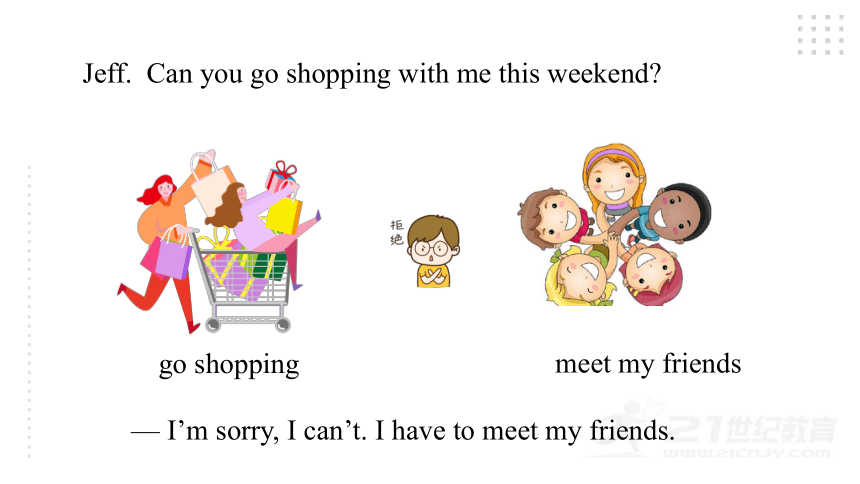Understanding What Happens to a Loan When You Die: A Comprehensive Guide to Debt and Estate Management
#### What Happens to a Loan When You DieWhen a borrower passes away, the fate of their loans can become a complex issue for their heirs and estate. Understa……
#### What Happens to a Loan When You Die
When a borrower passes away, the fate of their loans can become a complex issue for their heirs and estate. Understanding what happens to a loan when you die is crucial for effective estate planning and financial management. This article delves into the various scenarios that can unfold regarding loans after the borrower's death, including secured and unsecured debts, and how these debts affect the deceased's estate and surviving family members.
#### The Impact of Secured Loans
Secured loans, such as mortgages or car loans, are tied to specific assets. When the borrower dies, the lender has the right to reclaim the asset if the loan is not settled. For instance, if a homeowner passes away and there is an outstanding mortgage, the bank may initiate foreclosure proceedings if the loan remains unpaid. However, if there are co-borrowers or if the estate has enough assets to cover the mortgage, the surviving family members may choose to keep the property and continue making payments.
#### The Treatment of Unsecured Loans

Unsecured loans, like credit card debt or personal loans, do not have collateral backing them. In the event of the borrower's death, these debts must be paid from the deceased's estate. If the estate has sufficient assets to cover the debts, the executor will pay them off before distributing any remaining assets to the heirs. Conversely, if the estate lacks sufficient funds, the unsecured debts may go unpaid, and the creditors typically cannot pursue surviving family members for repayment.
#### Co-Signed Loans and Joint Accounts
If a loan is co-signed or held jointly, the surviving co-signer or account holder is usually responsible for the entire debt upon the borrower's death. This means that if one person dies, the other is obligated to continue making payments. This can create financial strain on the surviving party, especially if they were not prepared for the sudden responsibility of the debt.
#### Estate Planning and Debt Management

To navigate the complexities of what happens to a loan when you die, effective estate planning is essential. Individuals can take steps such as:
1. **Creating a Will**: A well-structured will outlines how debts and assets should be handled after death, providing clarity for heirs and executors.
2. **Establishing a Trust**: Trusts can help manage assets and debts, ensuring that debts are paid before the distribution of assets to beneficiaries.
3. **Communicating with Lenders**: Keeping open lines of communication with lenders can help clarify obligations and options available to surviving family members.

4. **Considering Life Insurance**: Life insurance can provide funds to pay off debts, alleviating the financial burden on family members.
#### Conclusion
In summary, understanding what happens to a loan when you die is vital for both borrowers and their loved ones. The type of loan, the presence of co-signers, and the overall estate situation all play significant roles in determining the outcome of debts after death. By planning ahead and being informed, individuals can help ensure that their financial legacy is managed effectively, reducing stress for their heirs during a difficult time.